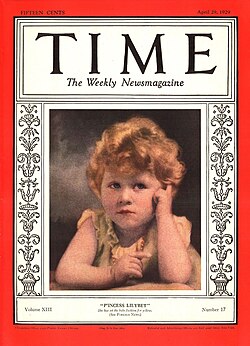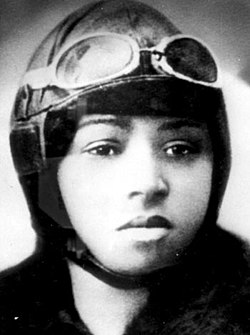| << | April 1926 | >> | ||||
|---|---|---|---|---|---|---|
| Su | Mo | Tu | We | Th | Fr | Sa |
| 1 | 2 | 3 | ||||
| 4 | 5 | 6 | 7 | 8 | 9 | 10 |
| 11 | 12 | 13 | 14 | 15 | 16 | 17 |
| 18 | 19 | 20 | 21 | 22 | 23 | 24 |
| 25 | 26 | 27 | 28 | 29 | 30 | |

The following events occurred in April 1926:
Contents
- April 1, 1926 (Thursday)
- April 2, 1926 (Friday)
- April 3, 1926 (Saturday)
- April 4, 1926 (Sunday)
- April 5, 1926 (Monday)
- April 6, 1926 (Tuesday)
- April 7, 1926 (Wednesday)
- April 8, 1926 (Thursday)
- April 9, 1926 (Friday)
- April 10, 1926 (Saturday)
- April 11, 1926 (Sunday)
- April 12, 1926 (Monday)
- April 13, 1926 (Tuesday)
- April 14, 1926 (Wednesday)
- April 15, 1926 (Thursday)
- April 16, 1926 (Friday)
- April 17, 1926 (Saturday)
- April 18, 1926 (Sunday)
- April 19, 1926 (Monday)
- April 20, 1926 (Tuesday)
- April 21, 1926 (Wednesday)
- April 22, 1926 (Thursday)
- April 23, 1926 (Friday)
- April 24, 1926 (Saturday)
- April 25, 1926 (Sunday)
- April 26, 1926 (Monday)
- April 27, 1926 (Tuesday)
- April 28, 1926 (Wednesday)
- April 29, 1926 (Thursday)
- April 30, 1926 (Friday)
- References










